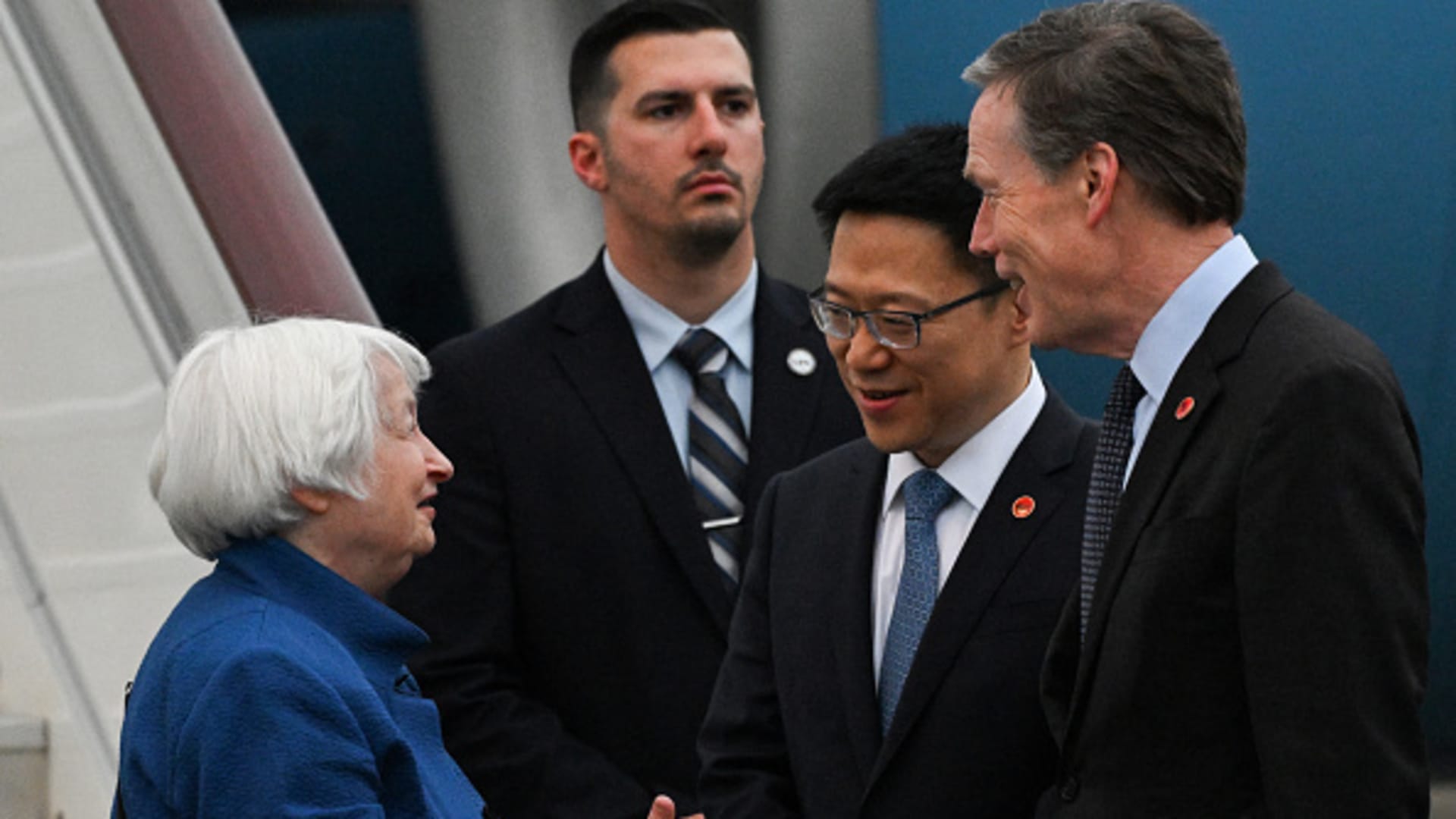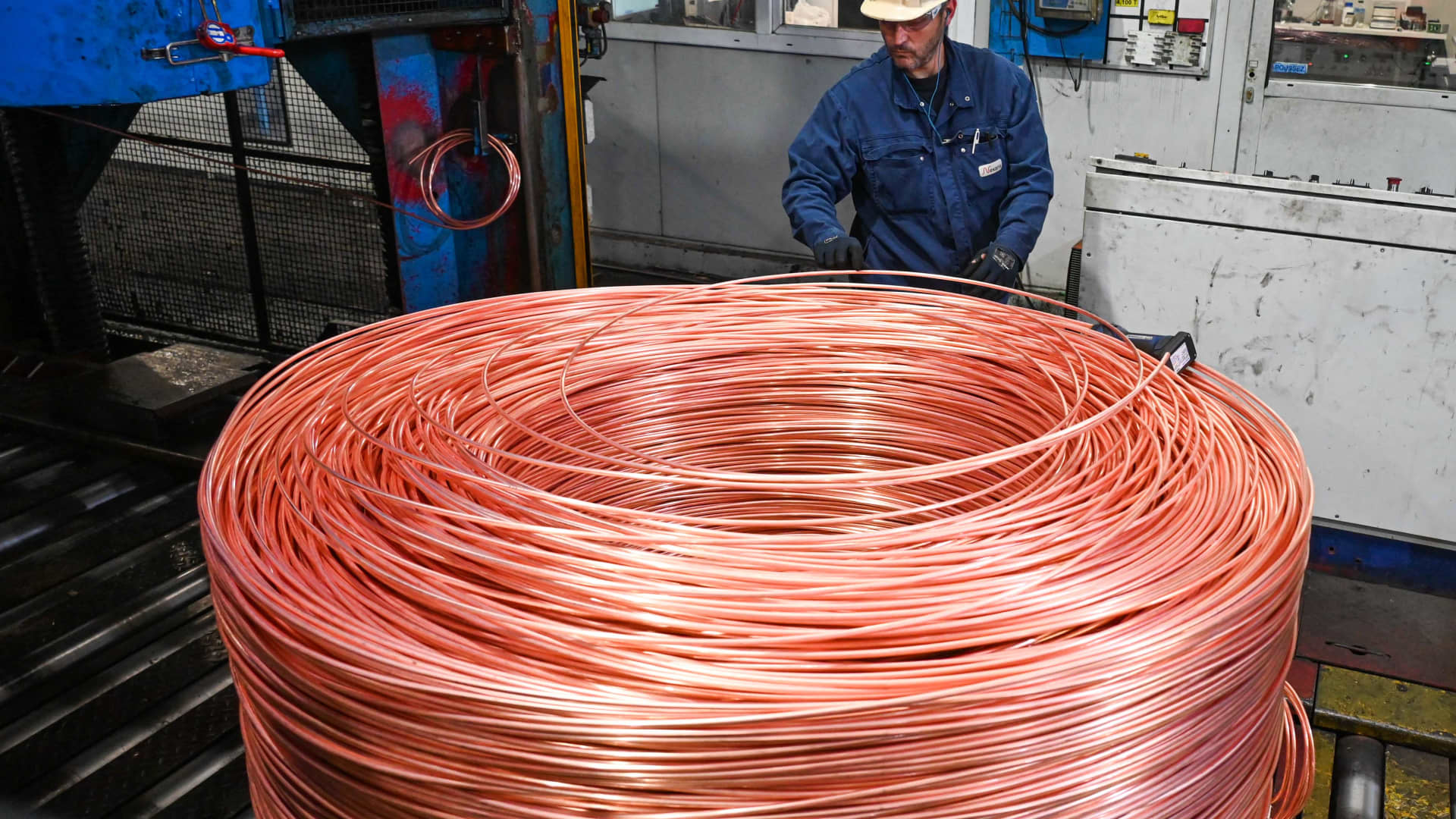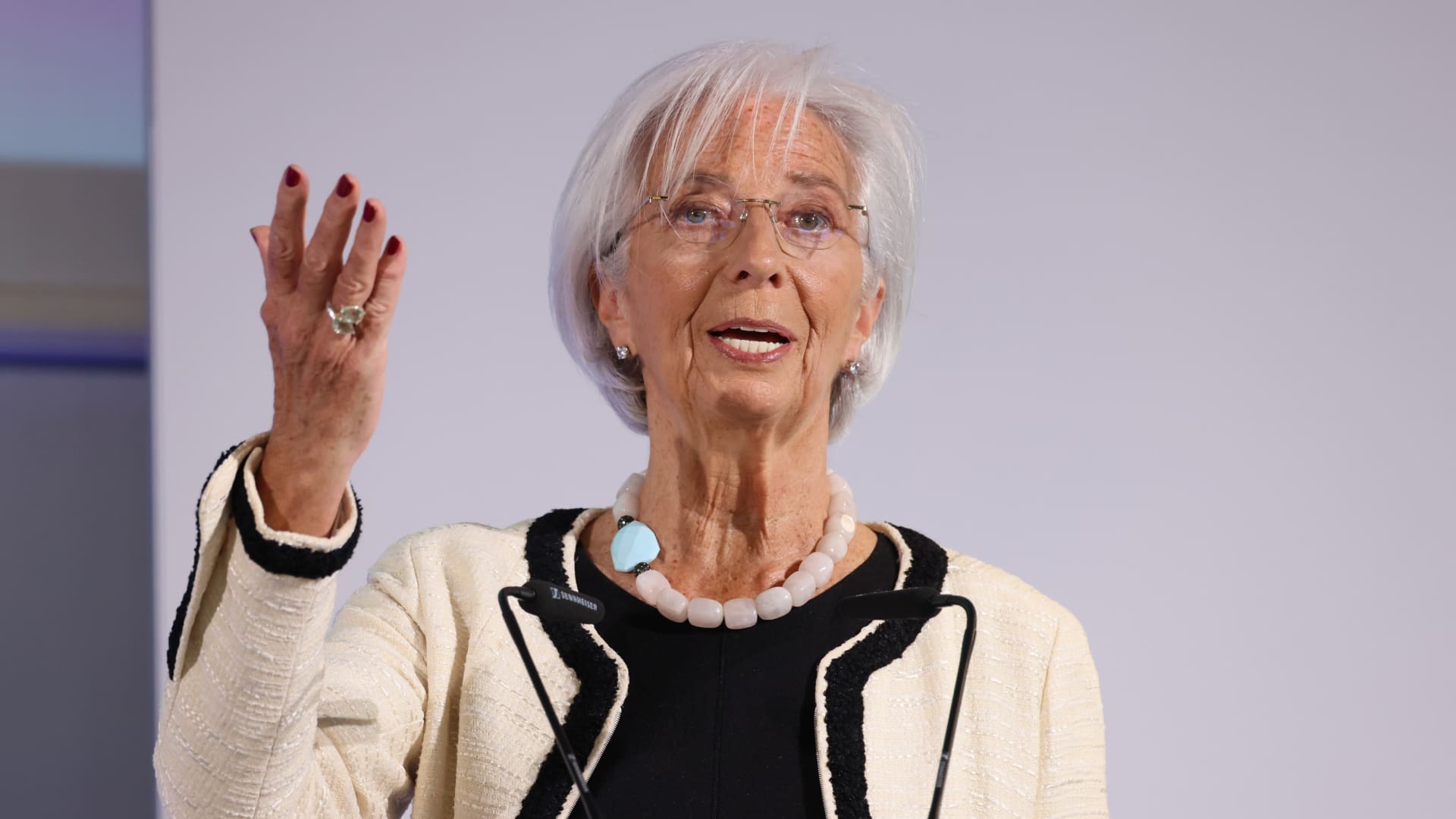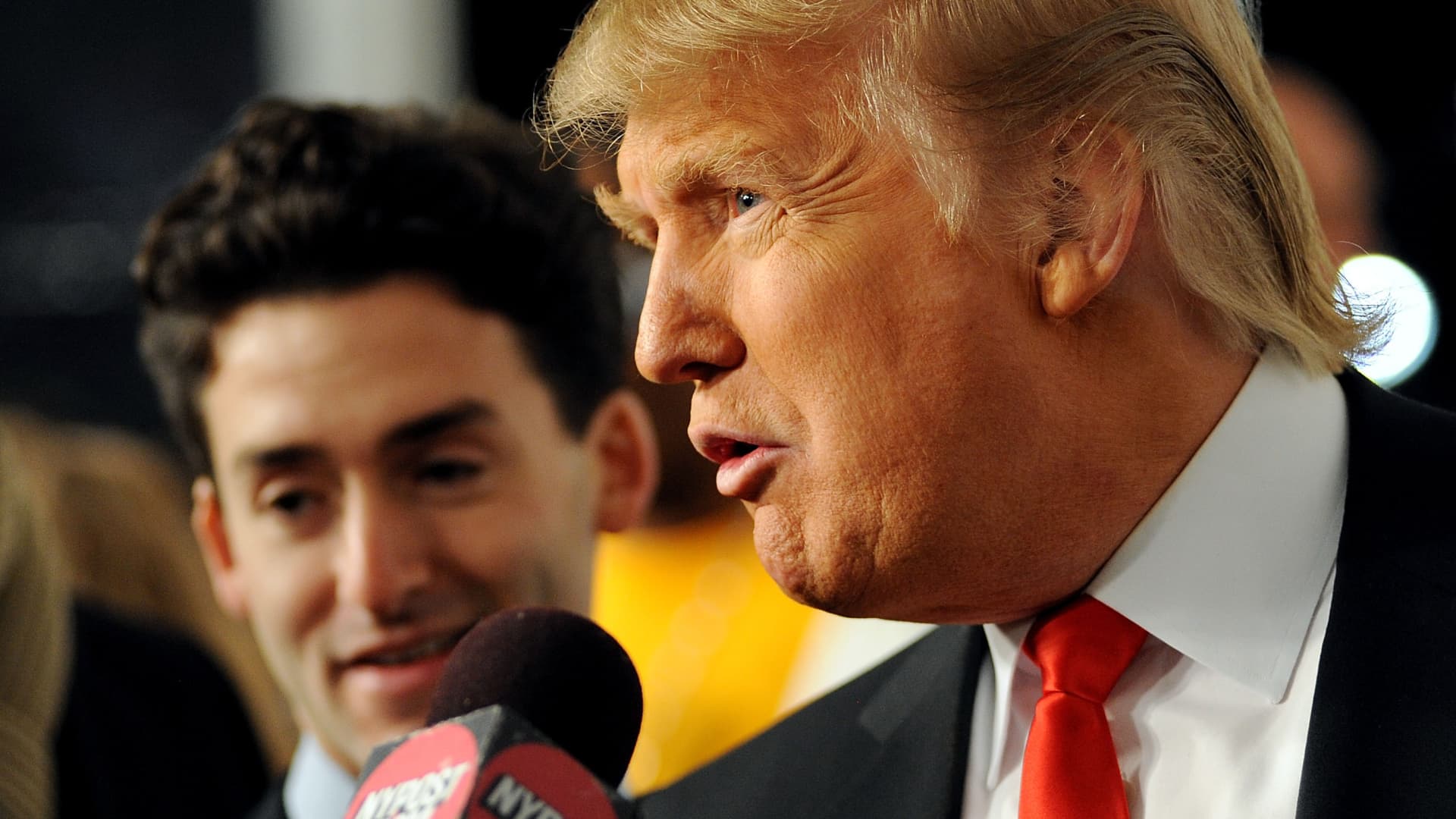Chinese Vice Minister of Finance Liao Min (2nd from right) and US Ambassador to China Nicholas Burns (r.) receive US Treasury Secretary Janet Yellen (r.) upon her arrival in Guangzhou on April 4, 2024.
Pedro Pardo | Afp | Getty Images
BEIJING – U.S. Treasury Secretary Janet Yellen opened her first full day of official meetings in China with a discussion of overcapacity concerns and encouragement to pursue market-oriented reforms.
Yellen arrived in the southern Chinese city of Guangzhou late Thursday and will travel to Beijing on Saturday, where she will stay until Tuesday. It is her second trip to China as finance minister.
It “remains critical” to “communicate closely on issues of concern such as overcapacity and economic measures related to national security. This is what the world and our citizens expect from us,” Yellen said in prepared remarks for her meeting with Vice Premier He Lifeng on Friday. He is also Director of the Office of the Central Commission for Financial and Economic Affairs.
“A healthy economic relationship must create a level playing field for businesses and workers in both countries,” she said, adding that the two countries must work together to combat climate change and the debt crisis in emerging markets.
Yellen and He Lifeng are expected to hold several talks by Saturday morning. On her trip to Beijing, Yellen is scheduled to meet with Prime Minister Li Qiang, Finance Minister Lan Fo’an and Beijing Mayor Yin Yong.
Before meeting He, Yellen met with Wang Weizhong, governor of Guangdong Province, of which Guangzhou is the capital.
“In my discussions with my counterparts, I will emphasize that a healthy economic relationship can bring significant benefits to both our economies,” Yellen said in prepared remarks for her meeting with Wang.
“I have also emphasized that building a healthy economic relationship requires a level playing field for American workers and businesses, as well as open and direct communication on areas where we disagree,” Yellen said. “This includes the problem of China’s industrial overcapacity, which the United States and other countries fear could cause global spillover effects.”
Meeting with US companies
Yellen also met with representatives from American, European and Japanese companies on Friday.
“Overcapacity is not a new problem, but it has worsened and we see emerging risks in new sectors,” Yellen said in prepared remarks at an American Chamber of Commerce in China event in Guangzhou.
“Excess capacity also poses challenges for Chinese companies and industries and may impact China’s productivity and growth,” she said. “I believe that addressing excess capacity – and more broadly considering market-based reforms – is in China’s interest.”
Analysts at U.S.-based consulting firm Rhodium Group said in a report in late March that the Chinese government’s support for manufacturing in recent years had led to a buildup of production capacity that exceeded domestic demand.
“Many Chinese companies still use foreign markets to offset lower prices, margins or even losses in the Chinese market,” the report said.
Rhodium Group noted that Beijing has expressed its awareness and called for more guidelines on investments to prevent overcapacity. “However, the solutions adopted will likely focus on retiring aging capacity and letting the least competitive companies close, while continuing to support capacity expansion, innovation and exports in others,” the report said.
China’s growth potential
Guangdong is one of the largest contributors to China’s economic growth and is home to the city of Shenzhen, a major hub for technology companies and start-ups. According to Wind Information, Guangdong is by far the province with the highest export value in China in terms of export value.
“In the last decades, [Guangzhou] “has been at the forefront of market-oriented reforms that advanced China’s economic development and openness,” Yellen said in prepared remarks for her meeting with Wang.
“And I know that this city still has enormous importance today, including as a major hub for technology and manufacturing,” she said.
China is the second largest economy in the world after the USA. Growth in the Asian country has slowed due to a crackdown on real estate developers who rely heavily on debt for growth and alleged monopolistic practices by internet platform companies. Uncertainty over Beijing’s policies to boost consumption and overall growth has weighed on business and investor sentiment.
“China will likely continue to contribute about a third of global economic growth while expanding its economic footprint, particularly in Asia,” Nicholas R. Lardy, a senior fellow at the Peterson Institute for International Economics, wrote in Foreign Affairs on Tuesday.
“If U.S. policymakers underestimate this, they will likely overestimate their own ability to sustain deepening economic and security ties with Asian partners,” he wrote.
Tensions between the USA and China
Yellen’s trip to China comes at a time when both governments have sought to step up communications in an increasingly strained relationship.
US President Joe Biden and Chinese President Xi Jinping spoke by telephone this week for the first time since meeting in person in California in November.
According to a statement from the ministry, Wang Shouwen, vice minister of commerce and head of international trade negotiations, visited the US from Tuesday to Friday for the first vice ministerial meeting of a bilateral trade and commerce working group.
Plans for regular meetings of such working groups were announced after Yellen and US Commerce Secretary Gina Raimondo visited China last year.
US Secretary of State Antony Blinken is expected to make another trip this year after making a long-delayed visit to China in June 2023.
Source link
2024-04-05 07:43:22
www.cnbc.com















